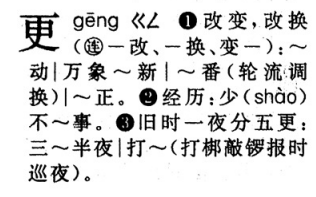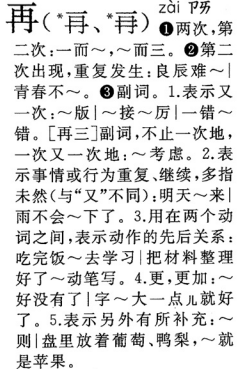一点 generally means "a little" and does not mean 更 or 再
A lot of English people do say things like "more good" or "more better". You shouldn't really use "more" with simple adjectives or superlatives in English, because, for example, "better" means: "more good" an increase of good over just "good" and "more" requires a noun: "More pudding, Madam?"
good, better, best
?? more good, more better, more best ??
But this is not a problem in Chinese: 再好, 更好
再: 副词。
①表示又一次:再接再厉。一错再错。reduplicate, repeat
②表示事情或行为重复、继续,多指未然:明天再来。雨不会再下。 repetition or continuation
③用在两个动词之间,表示动作的先后关系:做完作业再去玩。 repeat or continue after doing something else
④更,更加:再好没有了。 more
⑤表示加外有所补充:再则。 moreover, furthermore
You can see from ④ that 再 and 更 can have the same meaning.
生活可是好得不能再好了。
Life couldn't be better.
如果你明天回来,也许更好。
Perhaps it would be better if you came back tomorrow.
再好也没有了
Maybe (it was) good, but there is still none left
他的打字速度可以再快了一点儿.
His typing could be a little faster.


